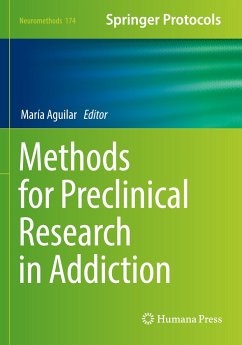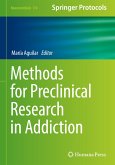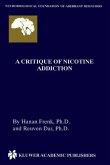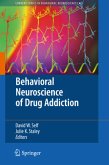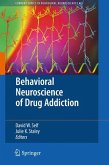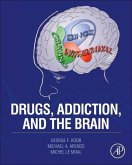This volume presents a wide array of animal models that are used in the study of the individual and environmental factors involved in the development of addiction, the consequences of chronic drug exposure, and recently developed behavioral and biological procedures for the treatment of addictive disorders. The chapters in this book are organized into three sections that cover the aforementioned aspects in relation to different drugs of abuse and pathological gambling. The first section of the book focuses on the individual variables that affect vulnerability to addiction to nicotine, alcohol, cocaine, psychostimulants, and gambling. Section Two looks at the environmental variables that contribute to the vulnerability to addiction. Section Three explores the consequences of chronic drug consumption and new approaches to the treatment of addiction. In the Neuromethods series style, chapters include the kind of detail and key advice from the specialists needed to get successfulresults in your laboratory.
Cutting-edge and comprehensive, Methods for Preclinical Research in Addiction is a valuable resource that helps researchers and scientists understand the neurobiological mechanisms that underlie the influence of individual and environmental variables on the risk for addiction, and assists them in developing new behavioral and pharmacological strategies to prevent and treat addictive disorders.
Cutting-edge and comprehensive, Methods for Preclinical Research in Addiction is a valuable resource that helps researchers and scientists understand the neurobiological mechanisms that underlie the influence of individual and environmental variables on the risk for addiction, and assists them in developing new behavioral and pharmacological strategies to prevent and treat addictive disorders.

